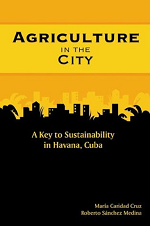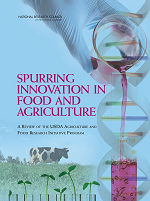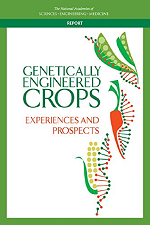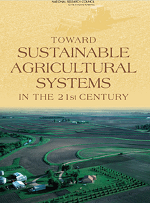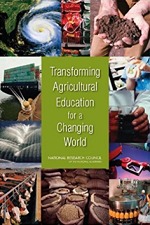[ebook_store ebook_id=”6289″]
During the 1990s, several national economies saw their urban food markets collapse. Like Zambia, Mozambique and Armenia, Cuba responded to this crisis with a food programme that included support to urban agriculture: farming in the city. As a result, food prices are increasing, free markets have been reinstated, production cooperatives have been linked with markets, land has been redistributed, and areas under export crops have been converted to domestic food crops. The Cuban government is now calling upon its cities to become more self reliant for food – a focus that is dramatically modifying the landscape, lifestyle and food supply of Havana residents. This book presents the results of a 3-year research project on the history and state of urban agriculture in Havana, Cuba. A multi-disciplinary team of 15 professionals, coordinated by the authors, assess the long-term potential for including urban agriculture in the local economy of two areas of Havana, as well as in city-wide environmental management programmes. The results will be of particular interest to municipal, local and community authorities considering how to convert emergency food production measures into long-term support for urban agriculture, both for food for self-reliance and for environmental enhancement (including park rehabilitation). The book will also be of interest to producers, students, decision-makers and academics interested in sustainable management of the urban environment.
